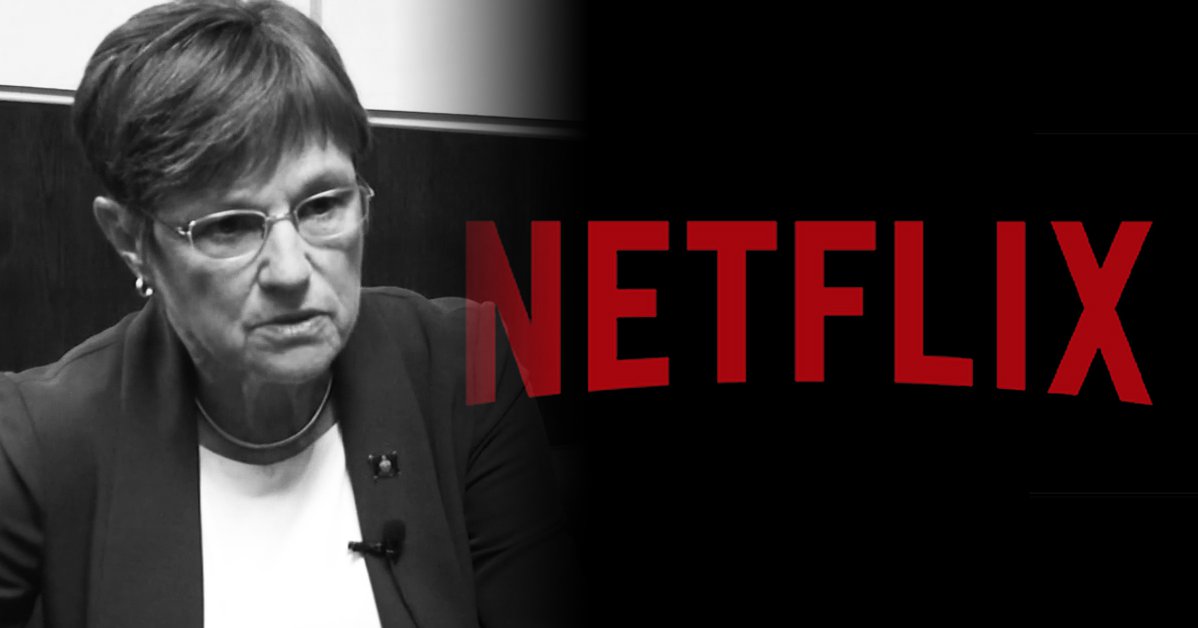Democratic governors have long been tax hiking trailblazers, leading the way on proposing some of the most asinine tax proposals that often leave their constituents dumbfounded. Their ingenuity in finding new ways to take money out of taxpayers’ pockets is unrivaled, including tax hikes on everything short of breathing (so far), including rain and drinking water.
Just when you thought the Democrats may have finally run out of things to tax, enter Kansas Governor Laura Kelly.
Kelly is making the most of her newfound fame as the subject of Democratic presidential candidate Amy Klobuchar’s recent debate gaffe by advocating for a new proposal to squeeze another $27 million out of the pockets of hardworking Kansas taxpayers. Dubbed the “Netflix Tax,” Kelly’s proposal would levy a tax on “all sales of digital property and subscription services,” opening up anyone who subscribes to popular platforms like Netflix, Spotify, Disney+, and Amazon Prime to a tax hike.
Not only are state legislators not buying Kelly’s proposal, calling it a “nightmare” and a means to fund Kelly’s “growth of government”; The Kansas City Star editorial board slammed Kelly’s Netflix Tax, writing that it would impact “virtually everyone in the state,” is “cynical and wrong,” and “should be rejected.”
Kansas Gov. Laura Kelly should abandon her proposal to impose sales taxes on Netflix and other digital streaming services.
Her misguided plan would hit Kansas consumers who buy books online, play games online, stream music, or subscribe to digital newspapers and magazines — that is, virtually everyone in the state.
The measure, which is part of Kelly’s 2021 budget that was released last week, would raise $26.7 million, starting in July, and another $6.7 million for local governments.
...
Kansas has been down this road before. Three decades ago, former Gov. Joan Finney, also a Democrat, proposed taxing dozens of exempt services such as legal work and accounting. Her effort collapsed in the face of bitter opposition from across the state.
Kansans will be no more enthusiastic about sales taxes on cellphone apps.
Questions about fairness go beyond services. Some tangible products are also exempt from sales taxes in Kansas, including farm machinery, broadcasting equipment and aircraft. If an audio book is subject to a sales tax, private jets should be, too.
But here’s the most important reason to oppose this plan: It extends the state’s unfortunate reliance on sales taxes to pay for government services.







